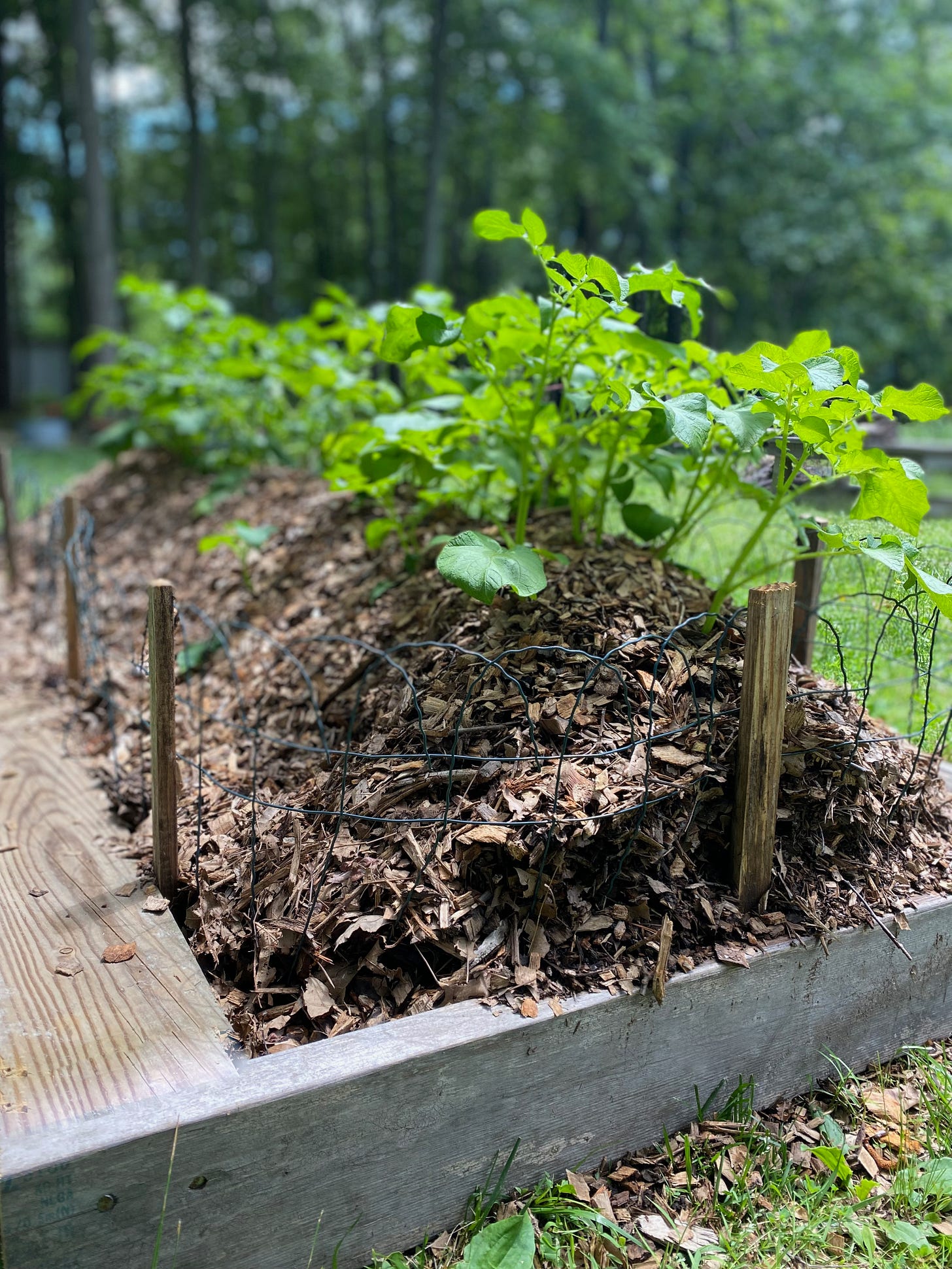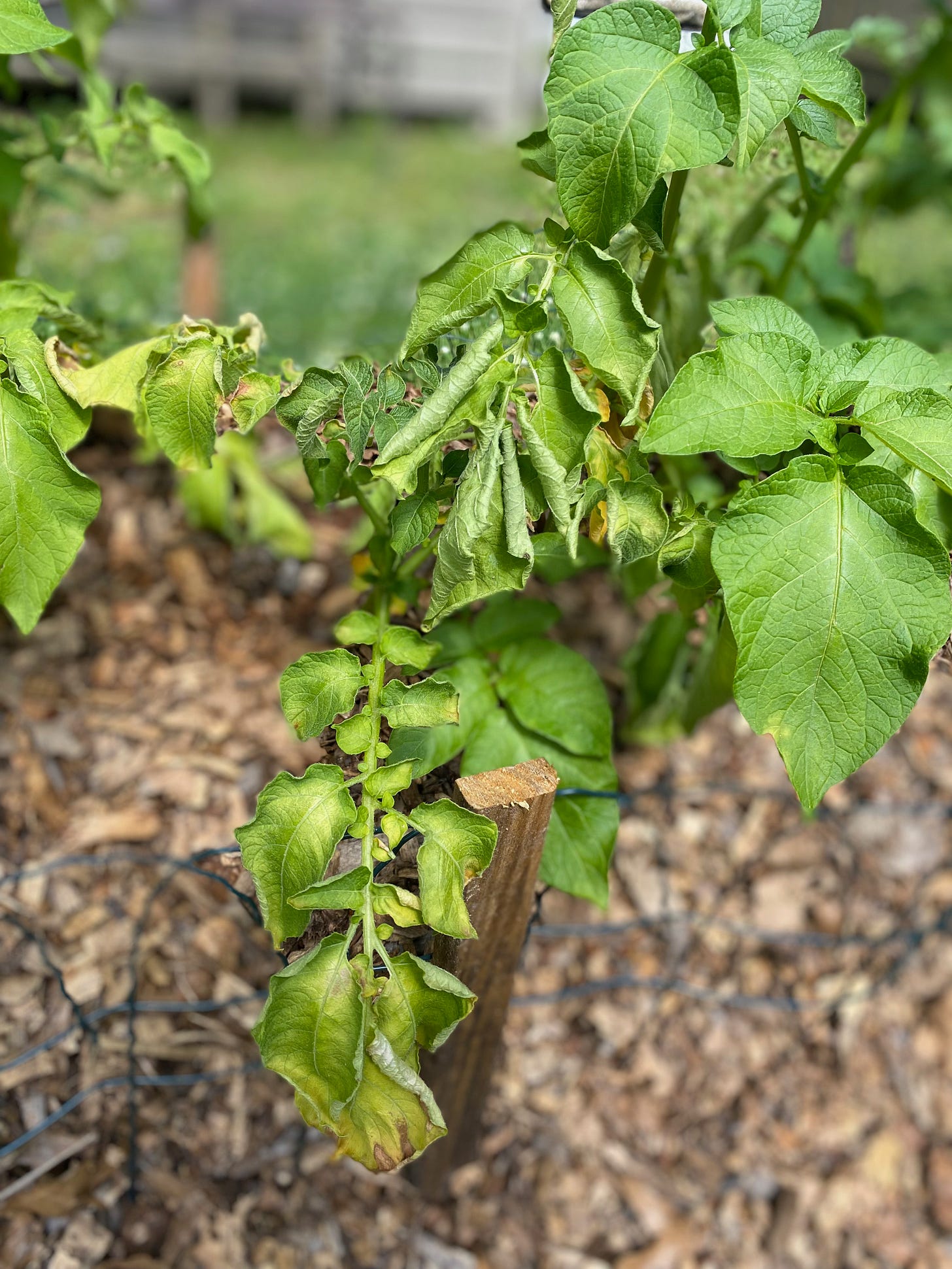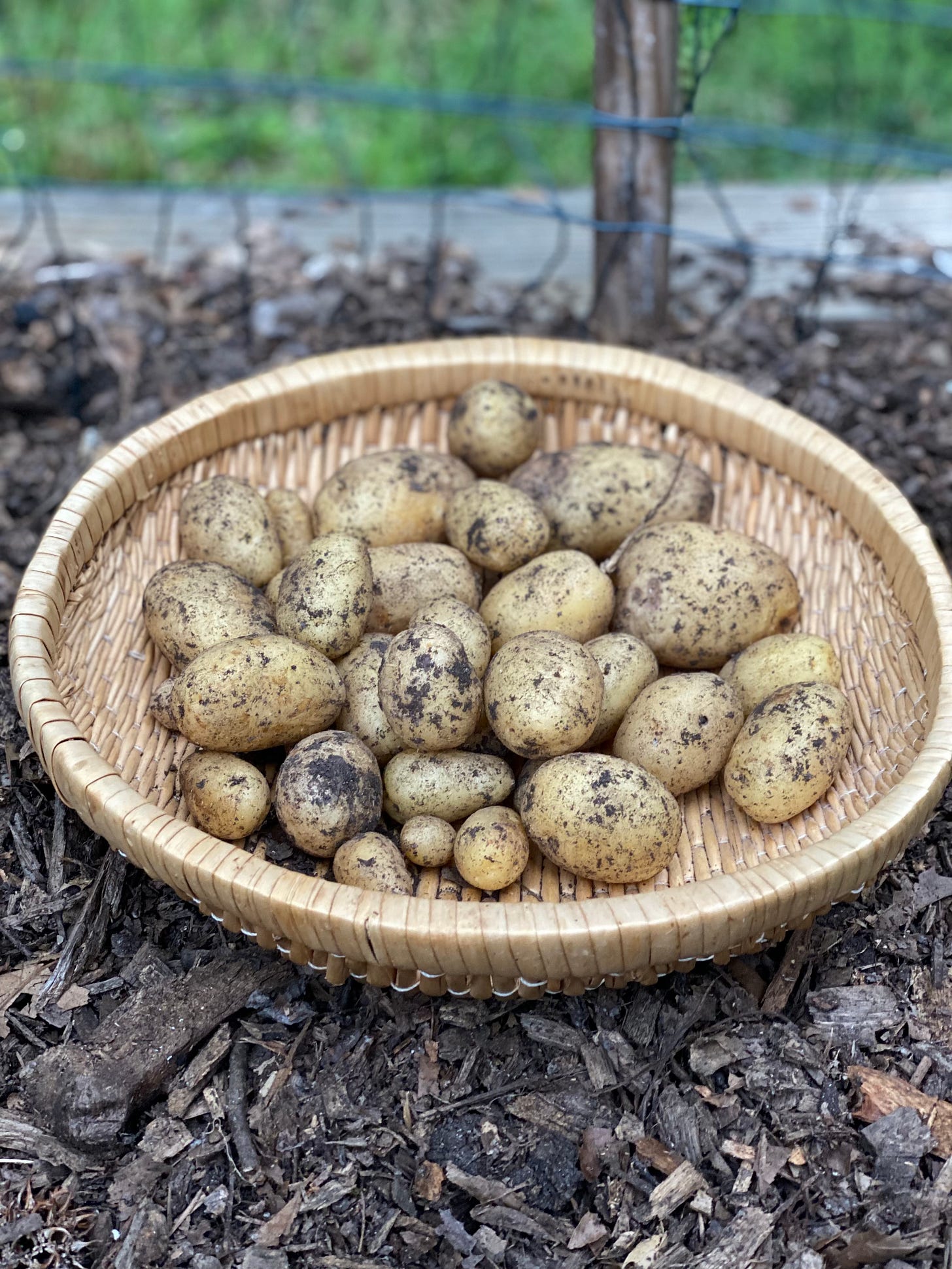You feel it, I know. The too-muchness of everything, the sense that if you stop paying attention something disastrous will go down, but if you don’t stop paying attention you’ll go down. I have wise friends who occasionally trade out the high-speed rollercoaster for a gentler ride in the wee boats that float with a few others through self-contained waters. There are brass bells on the bow that make a cheery sound – Bing! Bing! – but if they prefer to drift in silence, that’s just fine. They stay there until they’ve identified the frayed lines and spliced the loose ends back together. One of my kiddos recently suggested I disconnect for a bit. She said she sensed a shift in me that might benefit from a news break, which is paradoxical since that’s exactly what we’ve been taught to call the regularly injected reports of ongoing events that poke at us from all directions. So, I’m checking out those boats.
My first goal is to govern my intake of world news, but I haven’t yet tried eliminating anything. Some time back, as a spring reset, I adopted an eating plan called Whole 30. The premise: Get rid of useless calories and inflammatory foods for one month to transform your life - or something along those lines. I wasn’t sure I could manage the long list of restrictions, and I knew failure would be demoralizing. So, I started with a trial run, tiptoeing into it bit by bit, like getting into the ocean in June, tummy sucked in, shoulders scrunched up, arms sticking out like a tyrannosaurus rex, fully expecting discomfort. This was no storm the castle situation. This was showing up across the moat with a wan smile and a casserole. Once I got a feel for what I was up against, I was ready for a bigger commitment, and it worked!
I’m using a similar approach in this charge. Even though I appreciate its value, I’m not ready for a full-on digital unplug. Like other forms of goal-setting, I’m aiming for incremental changes that feel sustainable, starting with minimizing consumption of media that is stress-inducing or sleep-reducing. I’m not a news watcher, preferring to read that kind of material instead. Doing so gives me more control over the images and sounds I take in, both of which can hit me harder than the reports on their own. Still, written accounts can be sensational, triggering feelings of helplessness and despair. The firehose mode of news transmission nowadays makes it hard to avoid completely, but rarely if ever does delayed delivery change the outcome, for me or those involved in the incident. Not in the near term anyway. Checking in once a day feels reasonable, except when my ends are fraying. Sometimes, the news can wait. Sometimes it must for the sake of my mental health.
I’ve wished for ways to filter what gets through a legitimate news feed (not the version curated by Facebook). If she lived with me, I’d love to command, “Alexa, tell me something good!” I wouldn’t want one lens to perpetually trump another, though I recognize the fallacy in that, implicit bias being what it is. But, it would be cool to employ a kind of portion control, like the settings on a garden hose nozzle. Shower, Full, Flat, Mist, Soaker, Cone, Jet. Maybe I’d start with a jet of crisis, rip off the ol’ Band-Aid. We’re keeping it real here, right? But, after the hard stuff shot out, I could follow with a full spray of important achievements, a shower of generous acts, maybe a mist of discovery or entertainment. At night, I’d soaker myself in reports of lives saved, of bridges built, of breakthroughs and improvements. I’d skip the flat setting all together, because flat is not what I’m looking for in life.
I’ve already got flow regulators set up for some of my information pipelines. I jettisoned social media notifications ages ago. I am a bondservant to the red bubbles that announce (and quantify!) new messages, so the only solution is complete exclusion. My millennial offspring showed me how to set up “Do Not Disturb,” automatically silencing calls and texts during selected hours without any further fiddling on my part. Similarly, I’ve disabled banners, dings, notifications, ads and other nonsense that complicates rather than supports my day.
I have one more objective in mind for this phased-in break-up: I am training myself to leave the phone completely out of range for periods of time. I got into the habit of keeping it near when my children were younger, my parents older (and alive). I convinced myself that every call might be an emergency. Umbilical-like tethering to a mobile device is a sight to behold, is it not? Mark Twain is credited with the adage, “Worrying is like paying a debt you don’t owe.” I’ve been bound to that behavior for too long. It’s time I let go.
For the ultimate digital detox, I’d like to disconnect for a full 24-hours once a week, but I’m still in limbo between what’s necessary and what’s desirable. So, calling once again on my Castle Casserole Method™, I’m starting with two hour separations and working up from there. Don’t laugh. Vicious things live in that moat, and I’m not eager to be eaten up by my own failings. I hung out along its banks few days ago, without catastrophic results, while I did some gardening. I think I made it three hours. In fact, as is often the case, I was met with a metaphorical experience.
The potatoes I’d planted in spring had not progressed as I’d hoped. At first robust and green, increasing in height by about 6 inches per week, the leafy tops soon began to show signs of disease. Eventually, all but a few stems completely pooped out. I pulled up the remains, salvaging, with a chuckle, five or six tiny tubers, and made a loose plan to use the space for some other late-season vegetable.
A couple weeks later, at end of a productive session at the community garden, I took up the task of reducing the mound of wood chips used for the potatoes, with a goal of making a spot suitable for winter squash seeds. I sank a shovel into the mulch, lifted a scoop and transferred it to my wheelbarrow. Spush, shoop, blunk. Spush, shoop, blunk. On the third shoop, I spotted a potato. Then, I noticed another. Wanting to be more careful, I took to alternating between shoveling and hand-digging. More potatoes. Working my way down the bed, I unearthed several dozen nice-sized spuds. Elation! Now, I am a seasoned grower, and I know this was no bumper crop. I couldn’t even call it a good harvest. But, I had given up on any yield at all, so it felt like I’d won a prize.
Somehow, the whole experience seemed timely, the dispatch germane. Stuff on the outside might be damaged. I can’t change that. But, if I give myself time to walk away for a little while, I might gain a fresh perspective. For sure, there is more goodness there than I realize.
~Elizabeth








You made me wish I had planted potatoes! Also this piece aligns perfectly with a seasoned journalist’s column in the Washington Post about unplugging that Kate sent me. Remarkable synchronicity.
Gardening itself is my "unplug" time....I tend to shed worries, anxiety, and most of what is on my mind(except for what's immediately in front of me in the garden). I, too, had a less than productive patch of potatoes - maybe I should get back out there in the morning and root around a little deeper !